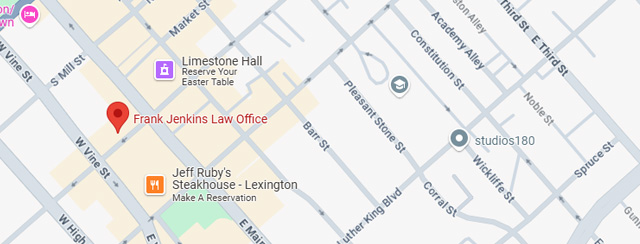
If you are injured on the job or become ill as a result of your job in Kentucky, you could be entitled to workers’ compensation benefits. In fact, you are likely counting on those benefits in the event of an injury or illness, but are you a covered worker?
Most workers assume they are covered by workers’ compensation and that they will receive medical and wage replacement benefits should they suffer an injury or illness. Finding out that you are not covered after you file a claim can be devastating – both emotionally and financially. The only way to know with 100 percent certainty that you are covered is to ask your employer directly. However, there are some general guidelines and exclusions that may give you a better idea of whether your position is covered by workers’ compensation.
Almost all employers are subject to the Kentucky Workers’ Compensation Act, or KWCA, meaning they are required to carry workers’ compensation coverage or be self-insured. As is usually the case, there are some exceptions. Employers engaged solely in agriculture are exempt from the KWCA. The size of a business is not important in Kentucky. An employer who only employs a single employee is still required to carry workers’ compensation coverage or be self-insured.
Although almost all employers are subject to the KWCA, there are some types of employees that may be exempt from coverage, including domestic servants, farm workers, and workers engaged in residential maintenance or repair for a homeowner. These exclusions are not an across-the-board exclusion, meaning that a worker in one of these positions may or may not be covered by workers’ compensation, depending on the specific facts.
You may also be excluded from Kentucky workers’ compensation coverage if you are covered elsewhere. For example, some federal employees are covered by federal legislation, such as maritime and railroad workers. In addition, some religious sects are exempt from the KWCA as are business owners, partners and members of LLCs. However, owners, partners, and members may voluntarily decide to purchase workers’ compensation coverage.
The biggest area of confusion when it comes to who is covered by workers’ compensation is the employee vs. independent contractor issue. Independent contractors are not covered. However, determining whether someone is an employee or an independent contractor can be tricky. When a dispute arises, the law typically looks at the following factors to decide if a worker is an employee or an independent contractor:
- the nature of the work performed as it relates to the business of the possible employer
- the extent of control of details of the work
- the professional skill of the worker
- the intentions of the parties
The law requires an employer to “conspicuously post” a Workers’ Compensation Notice that provides the name and contact information of the employer’s workers’ compensation carrier. If asked by a worker, an employer is required to cooperate with an injured or ill worker to facilitate the submission of a claim. You can obtain help with claims and appeals of denied workers’ compensation claims.













